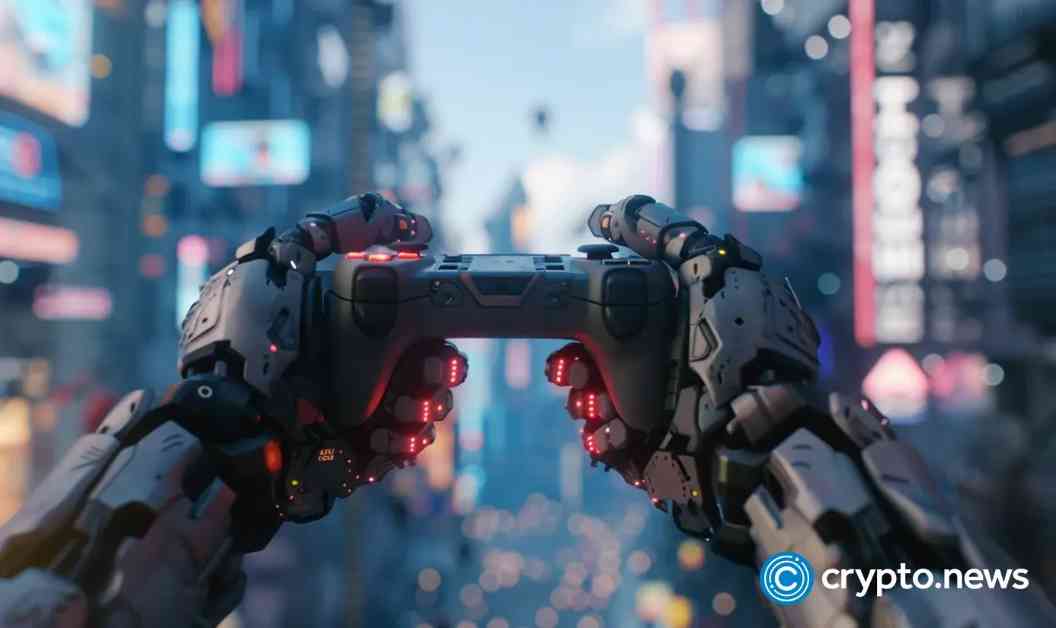Traditional gaming is facing challenges with declining mobile revenues and rising user acquisition costs. To combat this, developers are turning to web3 technology to incorporate true digital ownership, token incentives, and play-to-earn models into their games. This shift is revolutionizing user engagement and monetization strategies within the gaming industry.
Web3 technology is redefining the gaming experience from onboarding to engagement to personalization. Players are now more than just participants; they are stakeholders with real financial incentives. This new paradigm combines immersive gameplay with economic opportunities, creating a more dynamic and interactive gaming environment.
One of the key advantages of web3 gaming is the enhanced level of engagement it offers. Traditional gaming companies are envious of the strong user loyalty and spending power that web3 games attract. Blockchain gaming provides superior conversion capabilities by using incentives and token rewards to guide users through in-game experiences effectively. This play-to-earn model fosters sustained engagement and monetization, which are highly sought after by major game publishers.
Community building is another aspect where web3 gaming excels. Games like Hamster Kombat create social platforms where users can engage with each other and compare their progress. Major platforms like Immutable and Avalanche take community building to the next level by enabling seamless asset transfers between games and rewarding user loyalty with airdrops. This sense of community and identity within the gaming world enhances the overall gaming experience and encourages sustained engagement.
Web3 technology also offers new levels of personalization that traditional games cannot match. By anchoring player data on-chain, web3 games can create hyper-personalized experiences for each user. AI assistants can adapt to each player’s unique playstyle, creating a more dynamic and tailored gaming experience. This level of personalization is a powerful retention tool that keeps players engaged and invested in the game.
The future of gaming belongs to web3 technology, where players have real ownership and financial incentives, and games are more dynamic and personalized. As the gaming industry continues to evolve, traditional gaming companies will need to adapt and embrace web3 technology to stay competitive. The data-driven future of gaming is here, and those who embrace it will lead the way in the perpetual play revolution.
Paul Delio, the head of business development at CARV, is at the forefront of bridging web2 and web3 gaming activities. His work at CARV involves onboarding new game projects and maintaining relationships within the web3 ecosystem. With experience in critical roles at Real Madrid and Pocketful of Quarters, Paul is driving the integration of web3 technology into the gaming industry to create a more engaging and immersive gaming experience for players worldwide.

